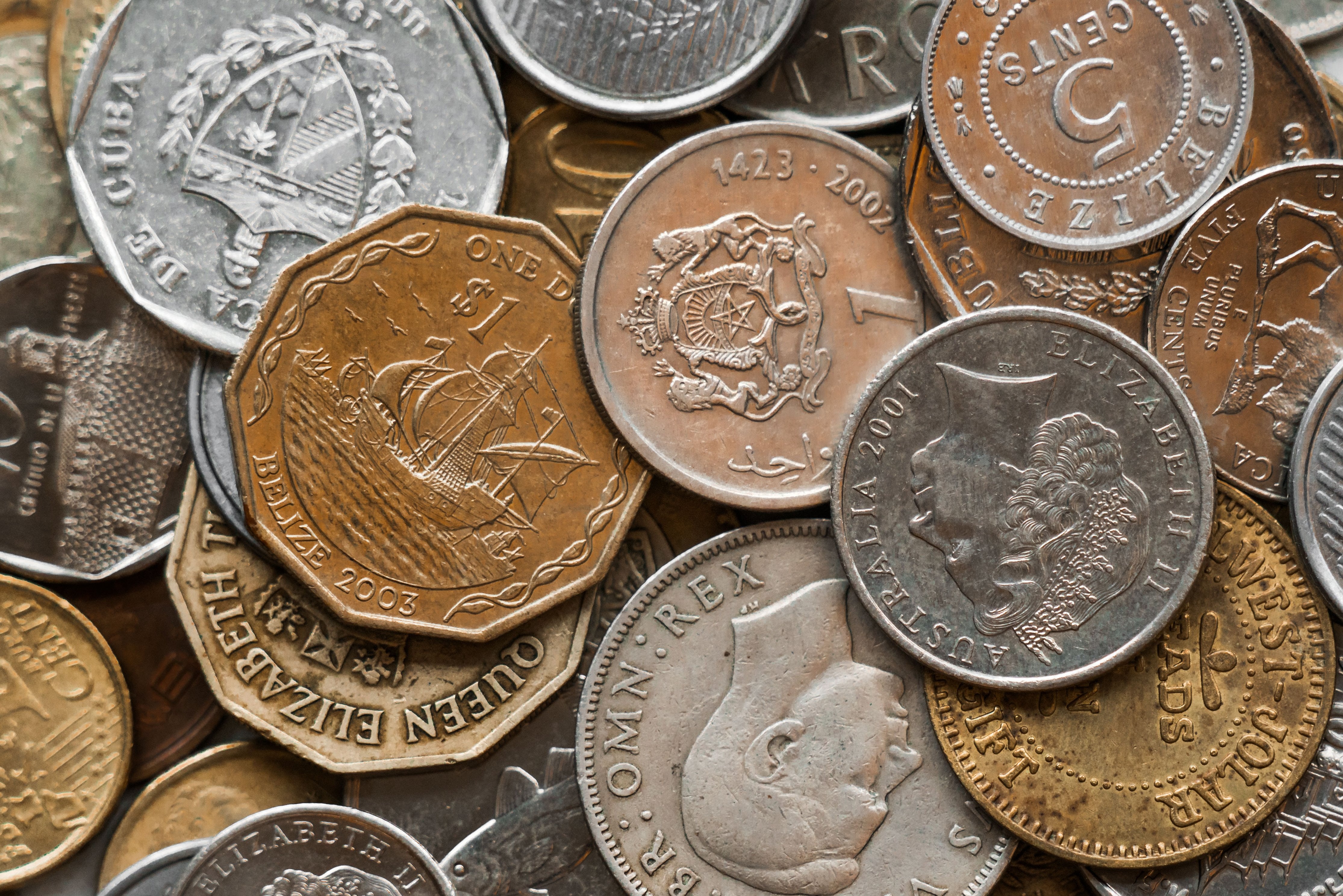EQUITIES
Stocks in Japan led losses among Asia-Pacific markets in Friday trade, with the Nikkei 225 dropping 2.88%. Hong Kong’s Hang Seng index also saw sizable losses as it fell 2.17%. In mainland China, the Shanghai composite was down 0.50%.
South Korea’s KOSPI dipped 1.09%, the S&P/ASX 200 in Australia fell 1.89%, the Straits Times index in Singapore slipped 1.33%, and the S&P BSE Sensex in India shed 1.23%.
The U.S. stock market was closed on Thursday for the Thanksgiving holiday, and it will have a shortened session on Friday today.
OIL
Oil prices slid on Friday, on concerns that a global supply surplus could swell in the first quarter following a coordinated release of crude reserves among major oil consumers.
U.S. President Joe Biden's administration moved to release millions of barrels of oil from strategic reserves in coordination with other large consuming nations, including China, India and Japan, to try to lower energy prices.
Such a release is likely to swell supplies in coming months, an OPEC source said, according to the findings of a panel of experts that advises ministers of the OPEC. The advisory body expects a 400,000-bpd surplus in December, expanding to 2.3 million bpd in January and 3.7 million bpd in February if consumer nations go ahead with the release.
Forecasts of rising surplus oil also clouds the outlook of the meeting by OPEC+, on Dec. 2 to decide on immediate production. The group is to decide whether it will continue raising output by 400,000 bpd in January.
The Brent now traded at $80.64 per barrel, and U.S. crude futures traded at $76.34 per barrel.
Overnight, the Brent futures ends at $82.22 a barrel. There was no settlement for WTI on Thursday because of Thanksgiving holiday.
CURRENCIES
U.S. Treasuries and U.S. stock markets will resume on Friday albeit for shortened session meaning trading is almost certain to be thin.
Moves in Treasuries were sharp following the Thanksgiving holiday and yields quickly pulled back some of the week's gains. Benchmark 10-year yields fell 6 basis points to 1.589%.
The dollar index - which measures the greenback against six peers, edged lower from Wednesday's 96.938 - its highest level in nearly 17 months. It last traded at 96.706. However, it was up 0.73% on the week, still headed for its fifth straight weekly gain.
GOLD
Gold prices edged up on Friday as the U.S. dollar eased, but hawkish comments by U.S. Federal Reserve policymakers dented the metal's appeal and kept it just below the key US$1,800 mark.
Spot gold rose 0.56% to $1,789.40 per ounce, after slipping to its lowest since Nov 4 on Wednesday. US gold futures added 0.74% to $1,800.10.
Spot silver rose 0.42% to $23.63 per ounce. Platinum rose 9.6% to $984.70 and palladium gained 1.3% to $1,872.00.
ECONOMIC OUTLOOK
Asian stocks sharply declined on Friday after the detection of a new and possibly vaccine-resistant coronavirus variant sent investors scurrying toward the safety of bonds, the yen, and the dollar.
The dollar also supported as investors turned wary of riskier assets after a hawkish tilt from U.S. Federal Reserve policymakers encouraged bets of quicker interest rate hikes.
World Health Organization officials said Thursday they are monitoring a new variant with “a large number of mutations.” A special meeting is scheduled for Friday to discuss its implications for vaccines and treatments.
Travel stocks in Asia-Pacific fell in Friday trade on the renewed COVID-19 new variant fears. In Australia, Qantas Airways shares dropped 5.39% while Hong Kong-listed shares of Cathay Pacific slipped 3.69%. Shares of Japan Airlines in Japan plunged 5.96% while Singapore Airlines’ stock in Singapore declined 2.29%.
Focus also is on Europe where a surge in COVID-19 cases is raising the prospect of lockdowns going into the Christmas shopping season. European countries expanded COVID-19 booster vaccinations and tightened curbs on movement. Austria reimposing nation’s lockdown, Slovakia announced a two-week lockdown, the Czech government will shut bars early and Germany crossed the threshold of 100,000 COVID-19-related deaths.













